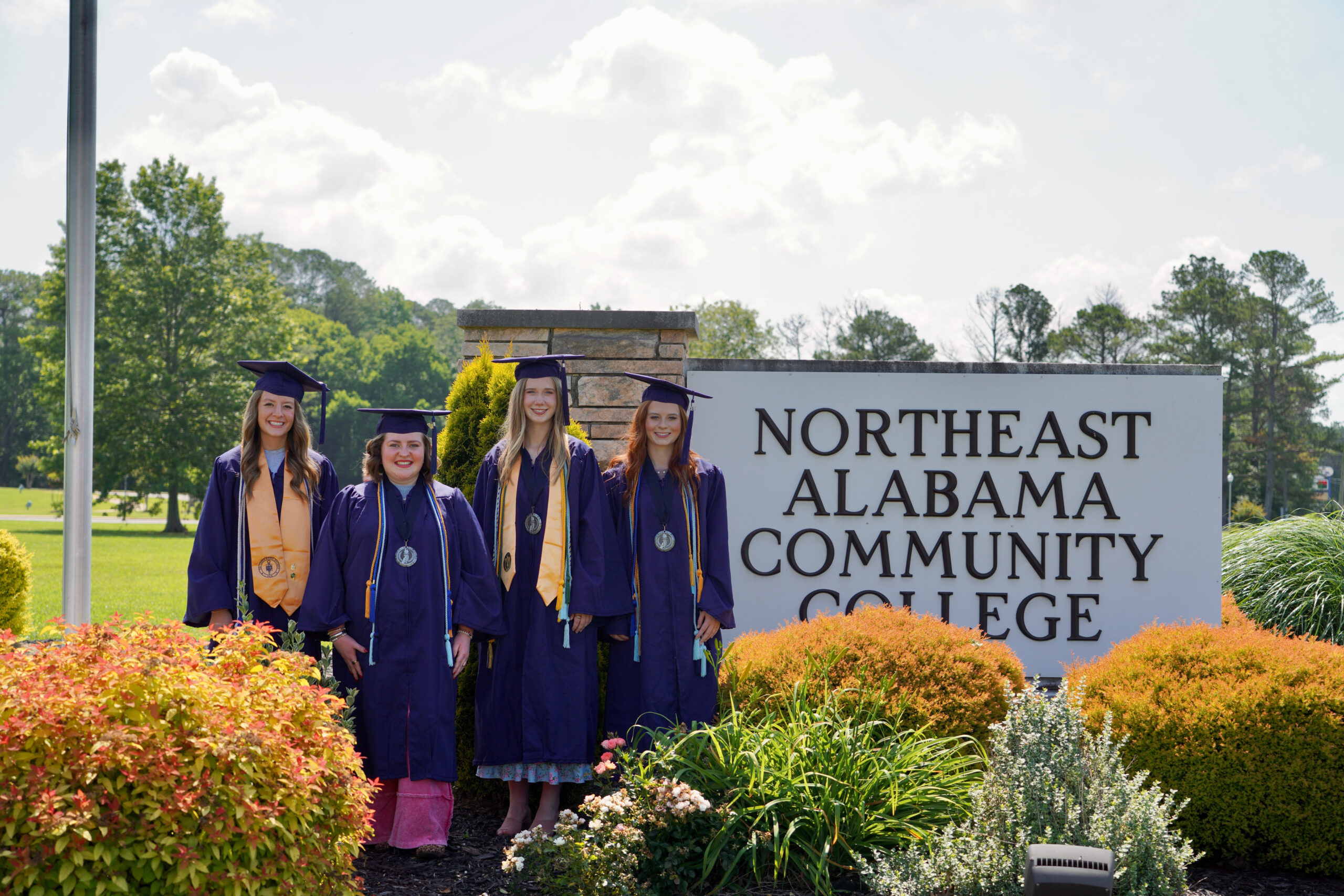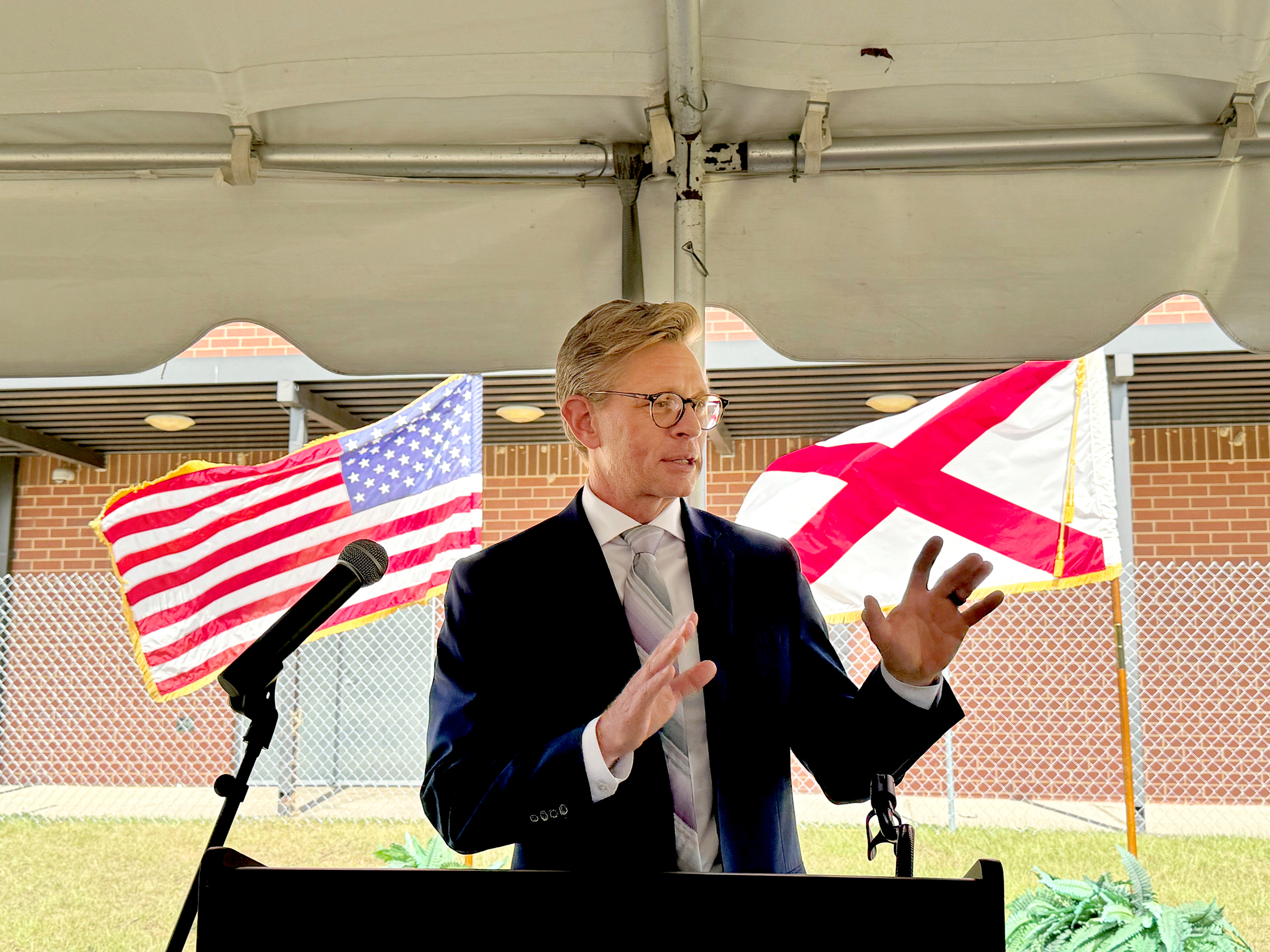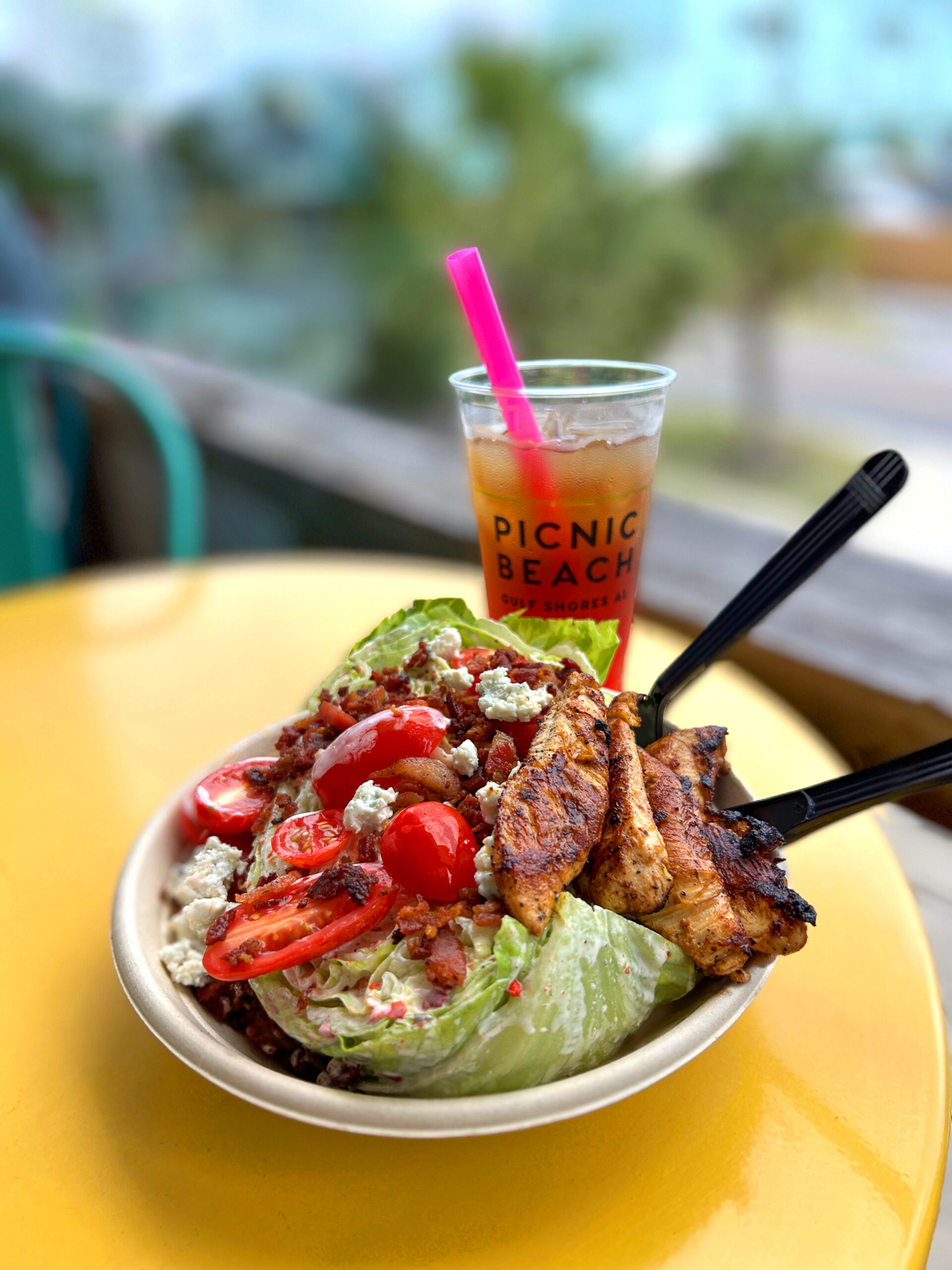Group helps veterans transition to life after the military
By John N. Felsher
Many military veterans struggle to adjust to civilian life, particularly after returning from a war deployment. All must change their entire way of life, find homes, new employment and make other adjustments, but some veterans struggle more than others as they return with horrific injuries. But some wounds cannot be seen and will never completely heal.
“Many veterans feel different and don’t think they fit in with civilian society,” says Kathleen Saucier, who is the case manager for Samson’s Strength Sustainable Veterans Project (SSSVP) and has considerable experience dealing with mental health and trauma issues.
“Our first priority is to assess their needs and get the veterans whatever support they need. Everyone has different needs, whether it’s medical, mental health, vocational training or something else. We want to intervene early to get them back into civilian society by helping them with the daily struggles they encounter when they come back from overseas. We don’t want to wipe away the warrior part of their lives, but we want to help them maintain who they are and add to that so they can fit back into civilian society.”
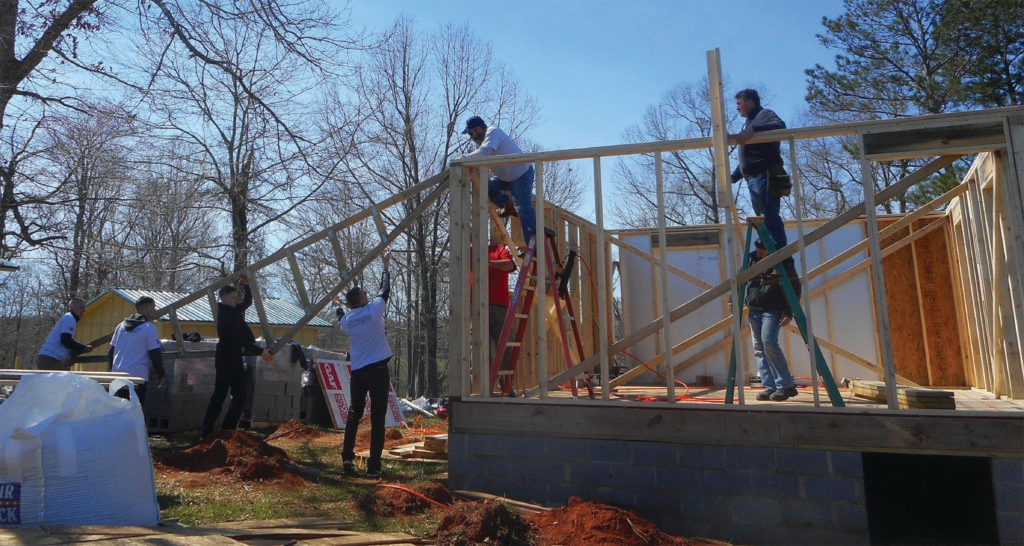
Some returning veterans think they don’t deserve help from the Department of Veterans Affairs or other organizations because they didn’t lose an arm or a leg. They often try to deal with their hidden wounds the warrior way – alone.
Sometimes, coping with problems alone ends in tragedy. The people with the SSSVP want to help smooth the transition of veterans to their new civilian lives.
“Our mission is to foster independence and model sustainable living habits for veterans,” says David J. Flounders, SSSVP president, who spent 31 years in the military including tours in both Iraq and Afghanistan before retiring as an Army captain. “Through independent living and job skills training, connection with community and veteran resources and transitional housing, veterans will be provided with opportunities to re-engage and reintegrate back into the community.”
A ‘tiny’ idea
On his 115-acre farm near Lineville in Clay County, Flounders began building small houses where veterans can live for up to 18 months as they transition to civilian life. The first five tiny homes are near completion, with a total of 30 houses planned.
“Our target population is single men who went into the military after Sept. 11, 2001,” Flounders says. “We don’t have the capability of putting families up. Each house is only 20 feet by 17.2 feet and about 256 square feet. They are about the size of an efficiency apartment, but all are actually individual houses. Each house will be equipped with a full kitchen, small appliances, bed and bathroom. Each house will be a cozy little home for one person.”
Once the first five veterans move into their houses, they will help build the other houses and a community center. This will give them skills they can use later in life or help them get a job in construction. The second group of guys will then build the next set of houses and so on.
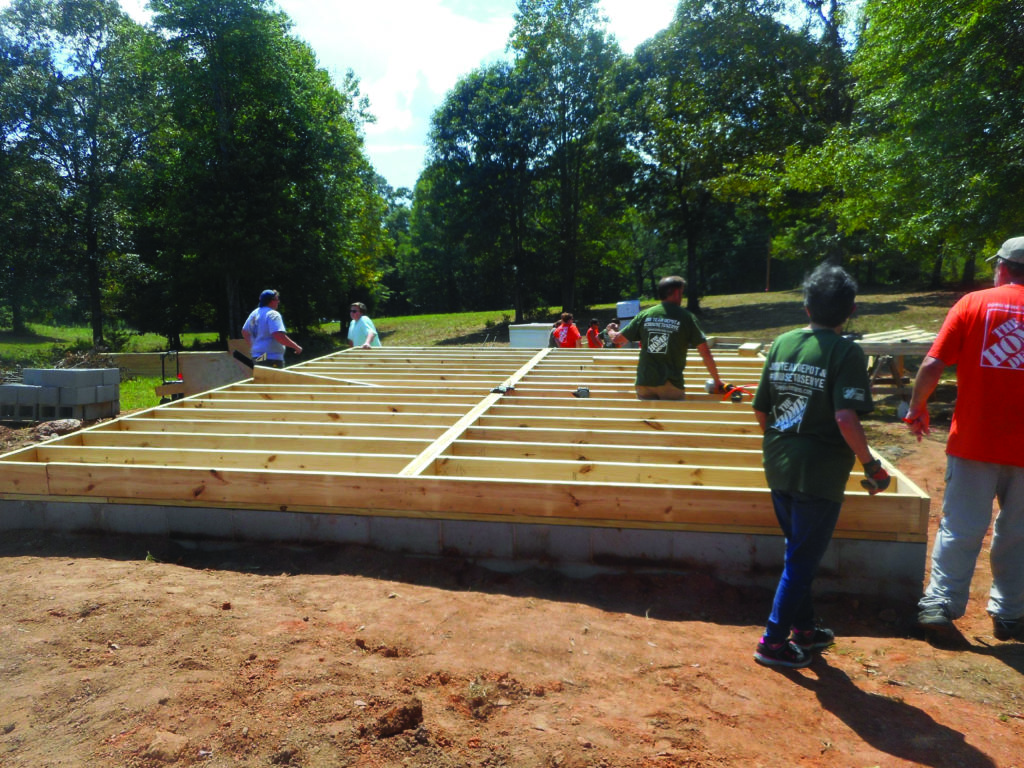
“We want to move five veterans into the houses at the same time so they are not alone,” Flounders says. “It’s like a squad in the military. We’re also planning a community center with some activities to keep them busy. We don’t want the veterans sitting around by themselves moping. We are also working with the Ashland Housing Development Corporation so that after all 30 houses and the community center are built, we can help build affordable housing elsewhere in Clay County.”
The planned community center will have laundry facilities, a large commercial kitchen, fitness center, a computer lab, a place where community residents can watch movies and socialize. Veterans will also be able to take advantage of a maintenance center where they can work on their cars. In addition, various experts will periodically come to the community center to teach classes on such topics as starting a small business.
“Originally, we planned to let one veteran come here after the first home was built, but we realized that goes against our model,” Saucier says. “We want to make a community in which they are all a part. We want to keep the veterans busy and teach them about the importance of getting out of their houses and not isolating themselves. We need to get more people involved so the project is sustainable.”
Contractors, businesses and individuals donated money, time and materials to help build the first homes. Periodically, groups hold work days where they gather to help with the construction.
“The volunteers are a mix of professional contractors and other people,” Flounders says. “Some are very skilled at building homes and some just want to help in any way they can.”
Samson’s Strength Sustainable Veterans Project always needs more donations and volunteers. For a list of needed items, see sssvp.org/wish-list. To make a tax-deductible donation or obtain more information, call 860-861-6747 or see SSSVP.org.

